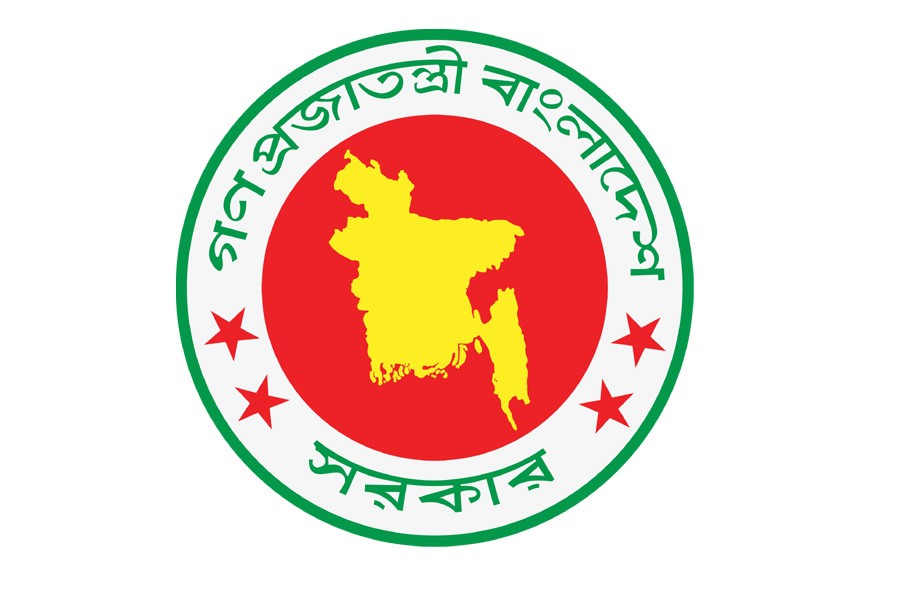The government will include an additional 40,000 women from Cox’s Bazar in the next cycle of the Vulnerable Group Development (VGD) programme, the country’s largest social safety net programme targeting vulnerable women.
The decision was made on Wednesday at a meeting between the State Minister for Women and Children Affairs Meher Afroze Chumki and WFP Representative and Country Director Mr Richard Ragan, said a WFP’s media release.
Under the next cycle, from 2019 to 2020, these women will receive a monthly allowance of 30 kg fortified rice, it said, adding this assistance from the Government of Bangladesh to ultra-poor women and their families amounts to 14,400 metric tons of rice, worth US$ 7.2 million, for next two years, reports BSS.
VGD also provides training on business skills, nutrition and women’s empowerment.
Around half of the women who will be absorbed into the VGD are currently taking part in another project on Enhancing Food Security and Nutrition (EFSN), implemented by WFP with support from the Government of Australia.
EFSN provides vulnerable women in Cox’s Bazar district with a monthly cash allowance of BDT 1,050 (US$ 12), training on entrepreneurship and a cash grant of BDT 15,000 (US$ 180) to start a small business.
The project covers a third of the rural population in Ukhiya and Teknaf sub-districts and there are plans for substantial expansion, the release continued.
“Linking the VGD programme to the EFSN project will make a big difference in the lives of vulnerable women and their families in Cox’s Bazar. Their food security will be stable while they undergo training and start up their small enterprises,” said Ragan.
Meanwhile, the state minister remarked, “the scenario in Bangladesh today has progressed much. Developing women’s skills and empowering women, both at high levels and at the grassroots level, is a priority.” WFP provides technical assistance to the VGD programme, which supports a million ultra-poor women and their families nationwide. The Ministry of Women and Children Affairs looks forward to WFP continuing its capacity strengthening partnership to scale up nutrition sensitive safety nets for women and children in Bangladesh.
WFP also works to strengthen the production and distribution of fortified rice in the country, which provides six essential micronutrients.
The linkage of these two social safety net programmes will create an opportunity for more comprehensive coverage in Cox’s Bazar, where food security and nutrition have been strained by the ongoing Rohingya crisis.
WFP also provides over 870,000 Rohingyas in the settlements in Cox’s Bazar with a comprehensive food security and nutrition assistance package is delivered to the host community including school meals for 144,000 Bangladeshi children, the EFSN project and a community-based programme to combat malnutrition in young children and pregnant and nursing mothers.
Over 300,000 members of the host community in five sub-districts of Cox’s Bazar benefit from WFP assistance.


